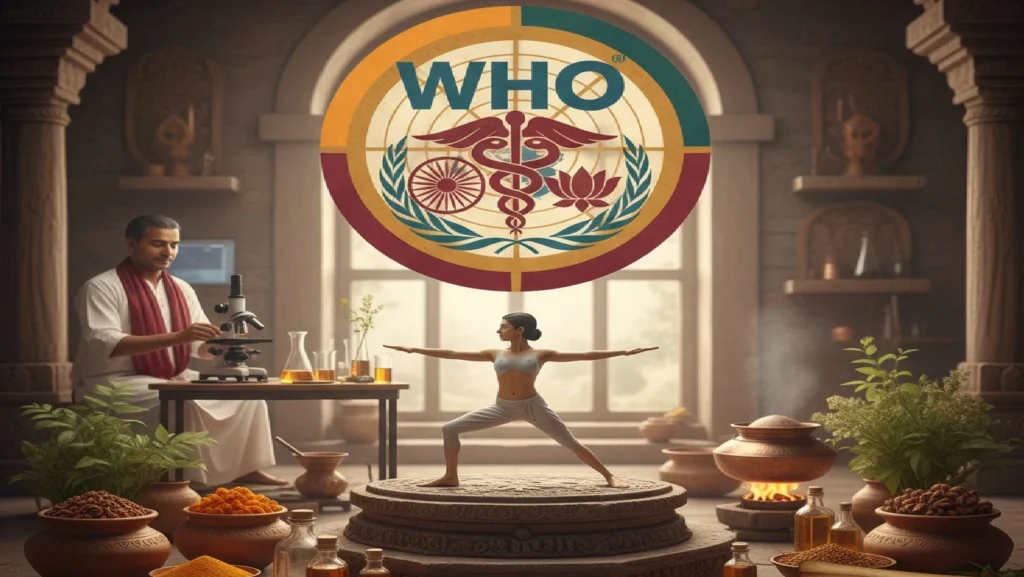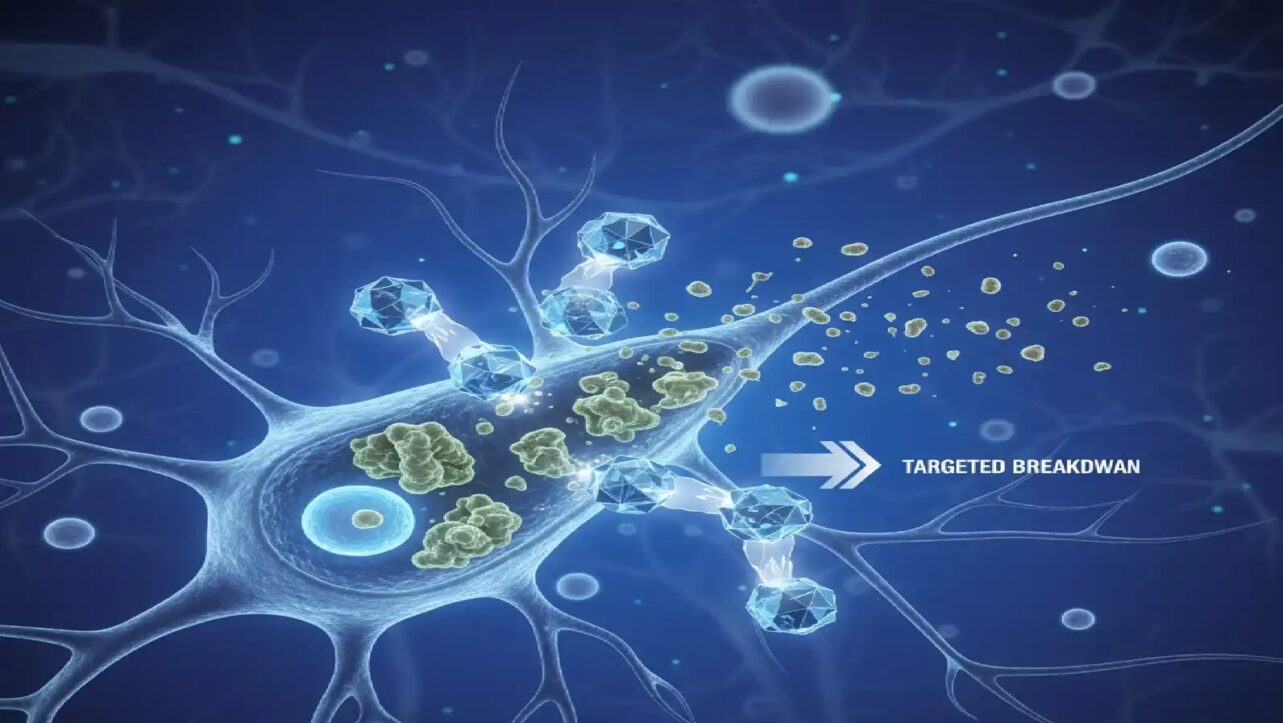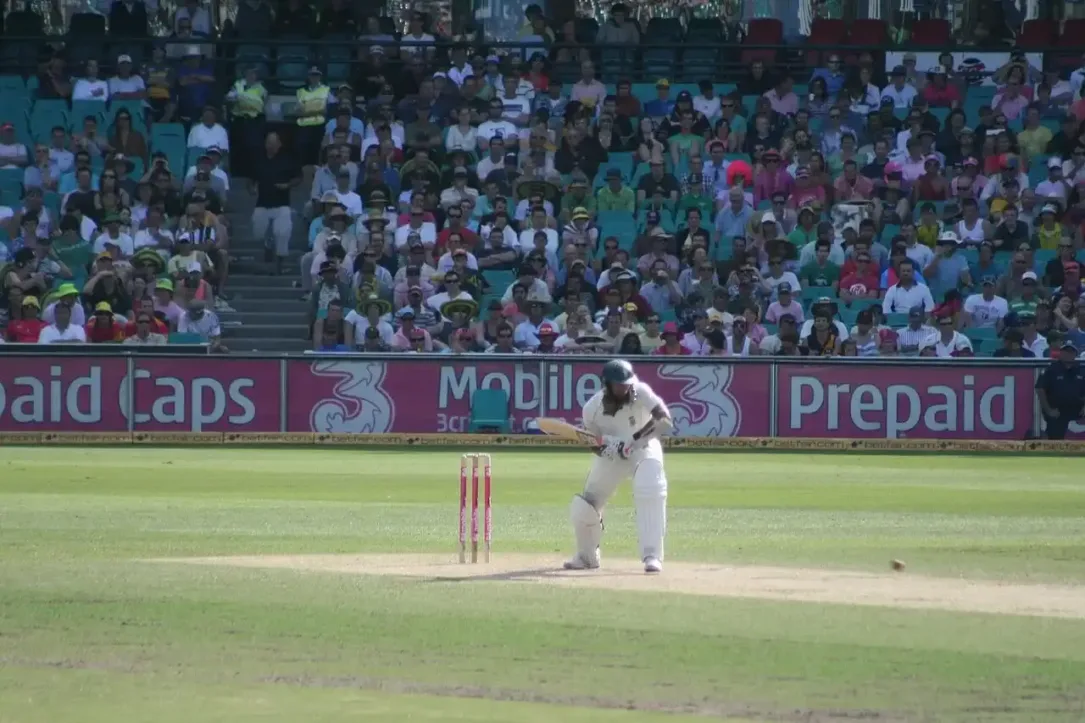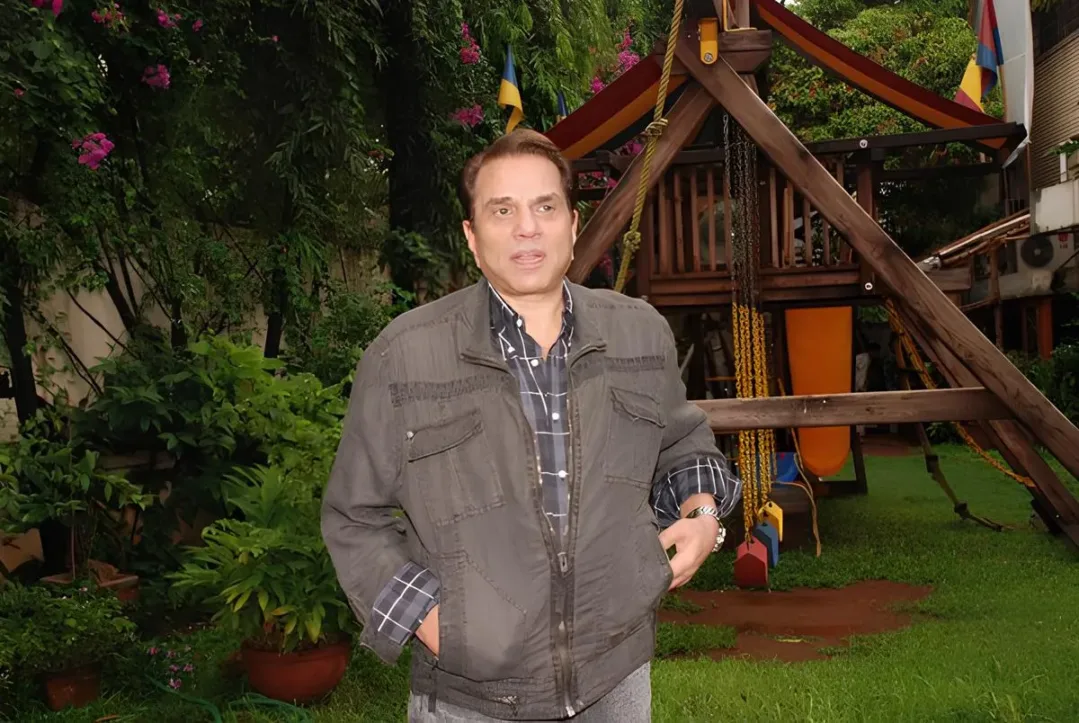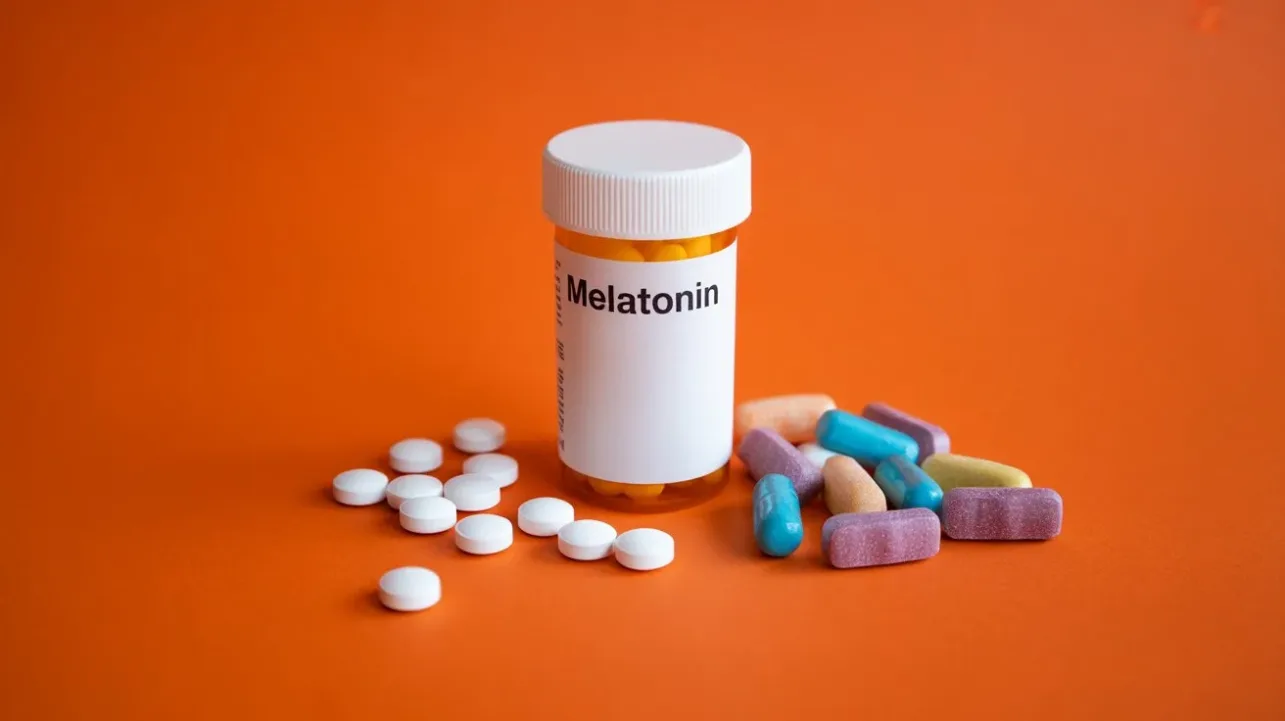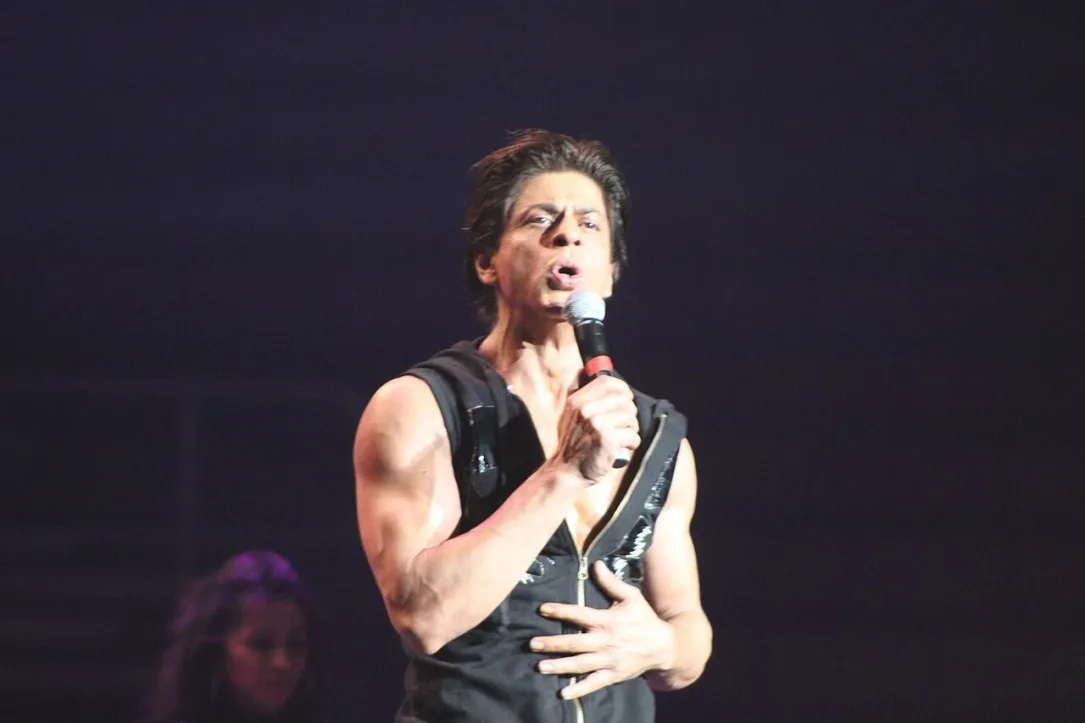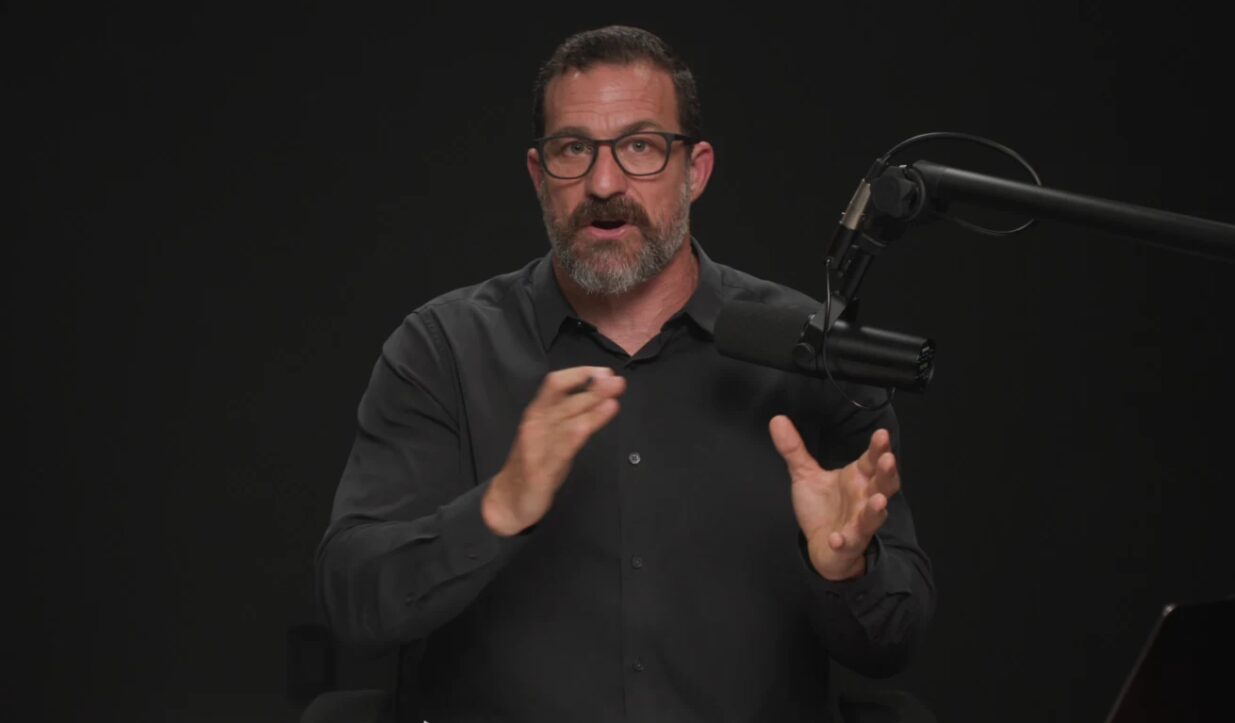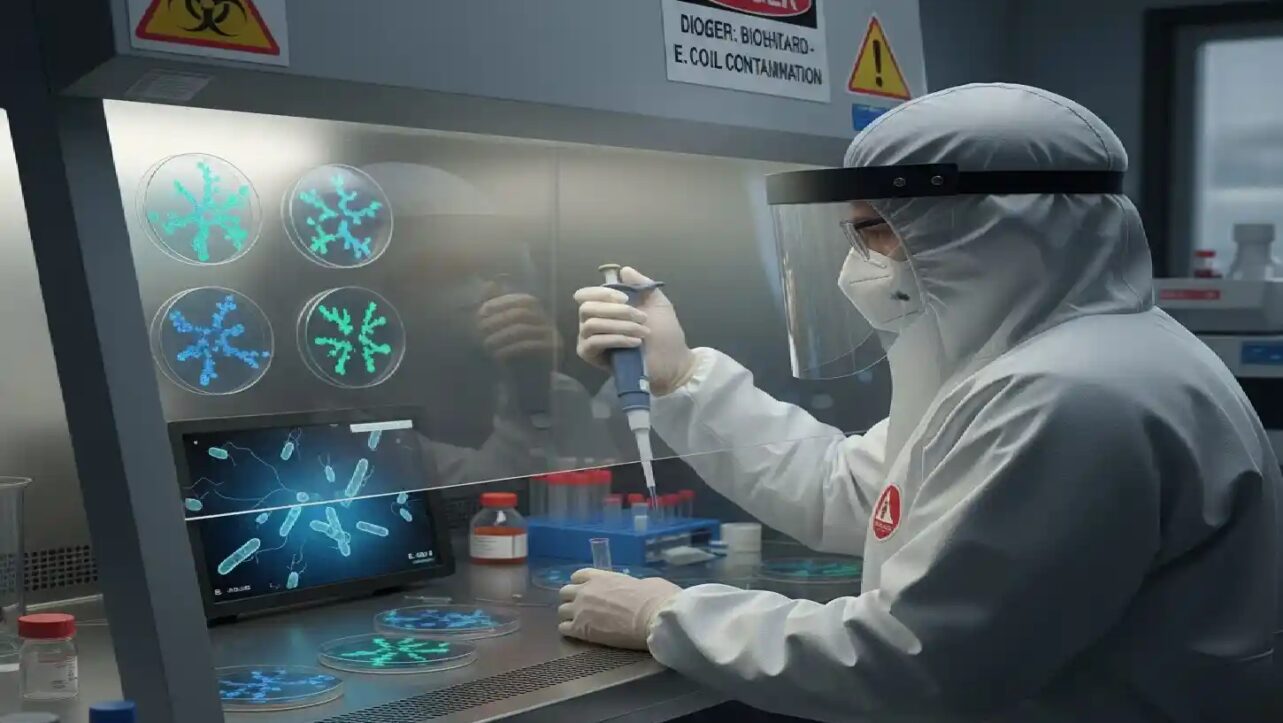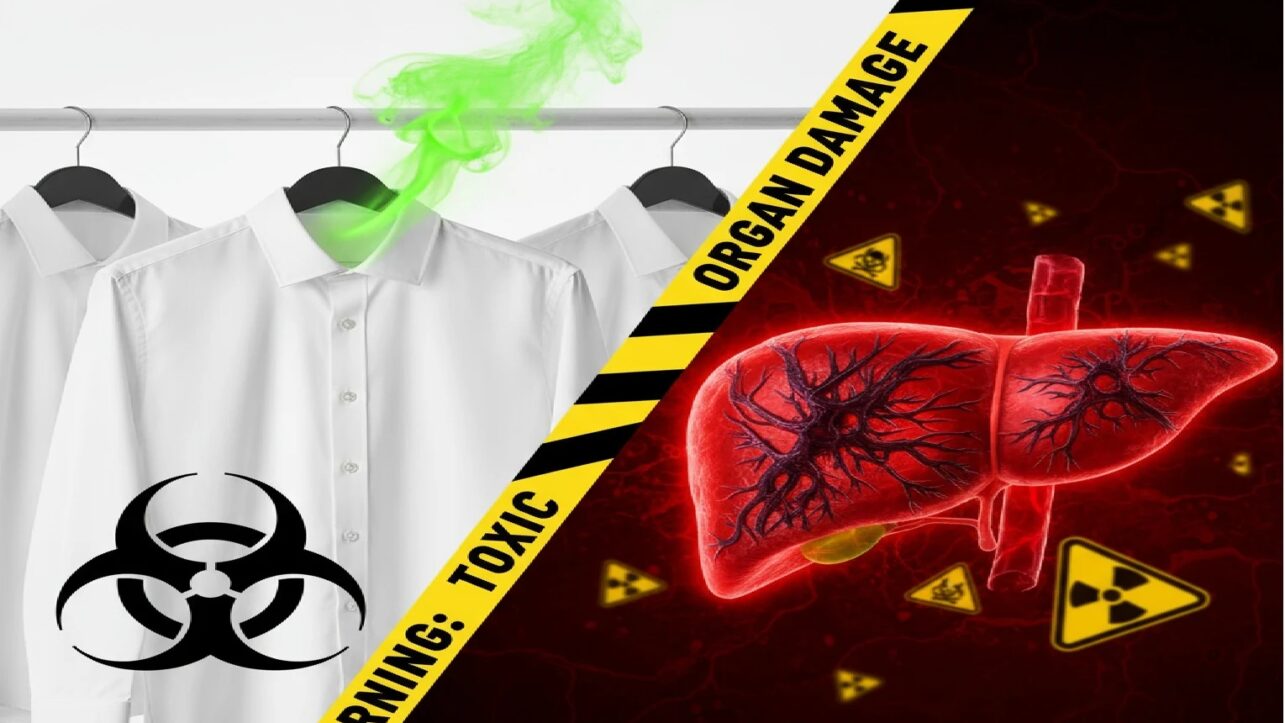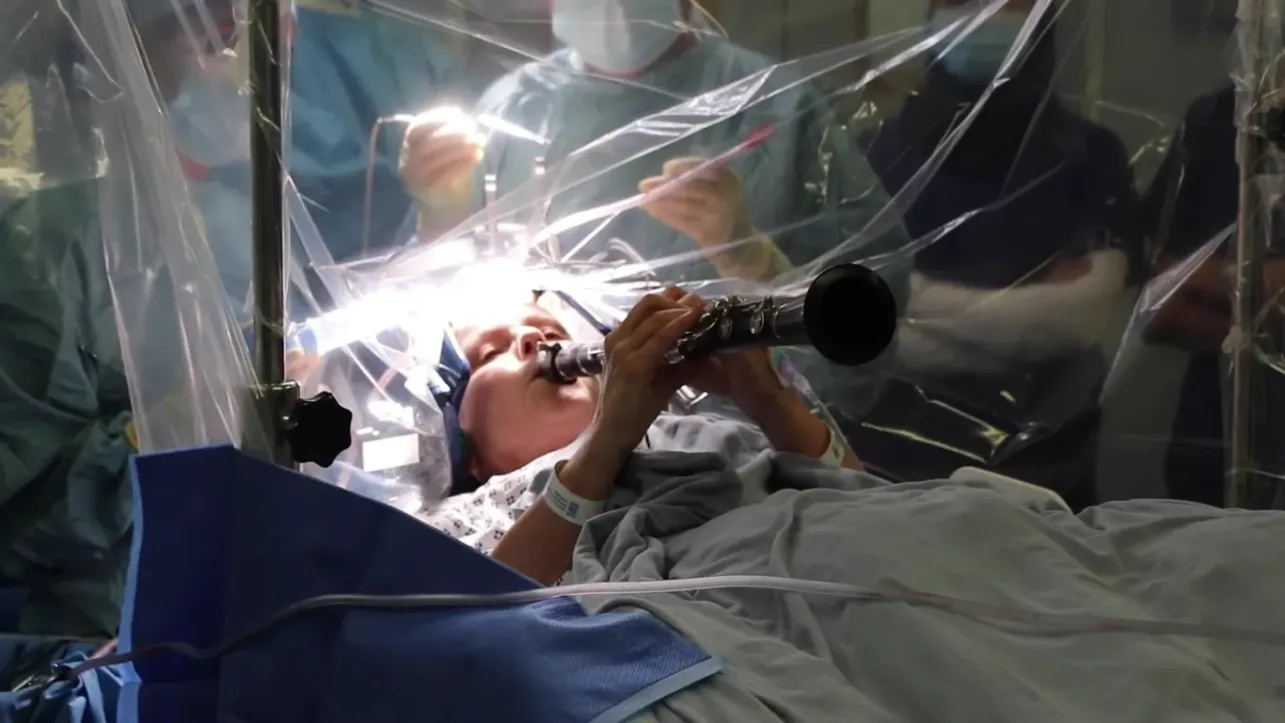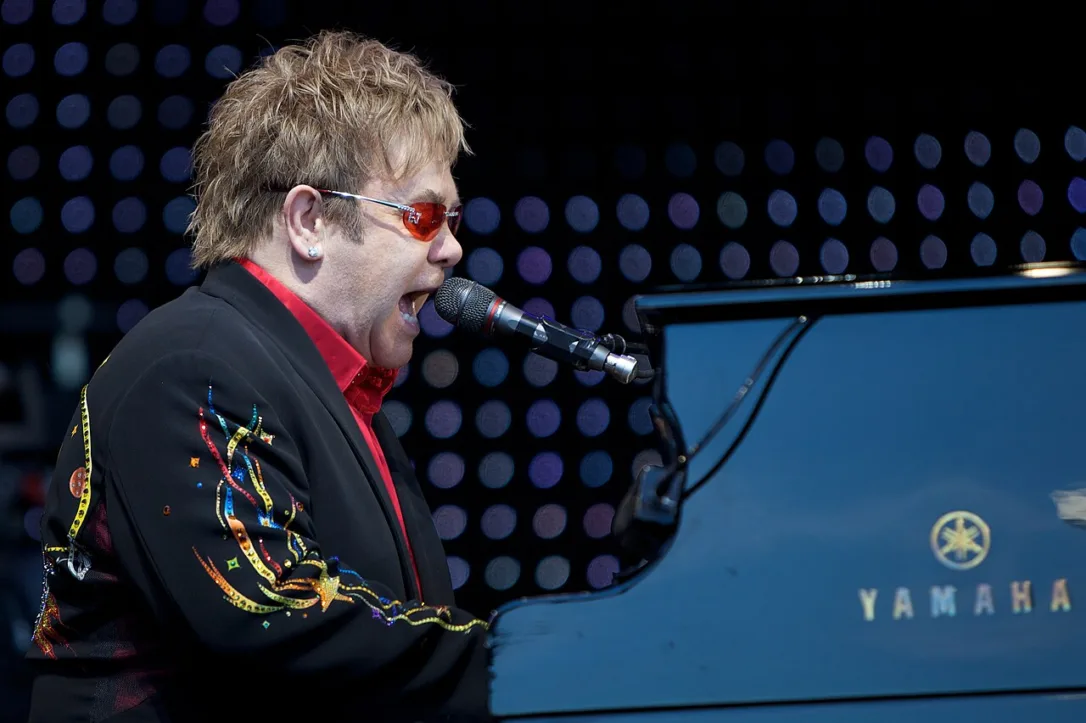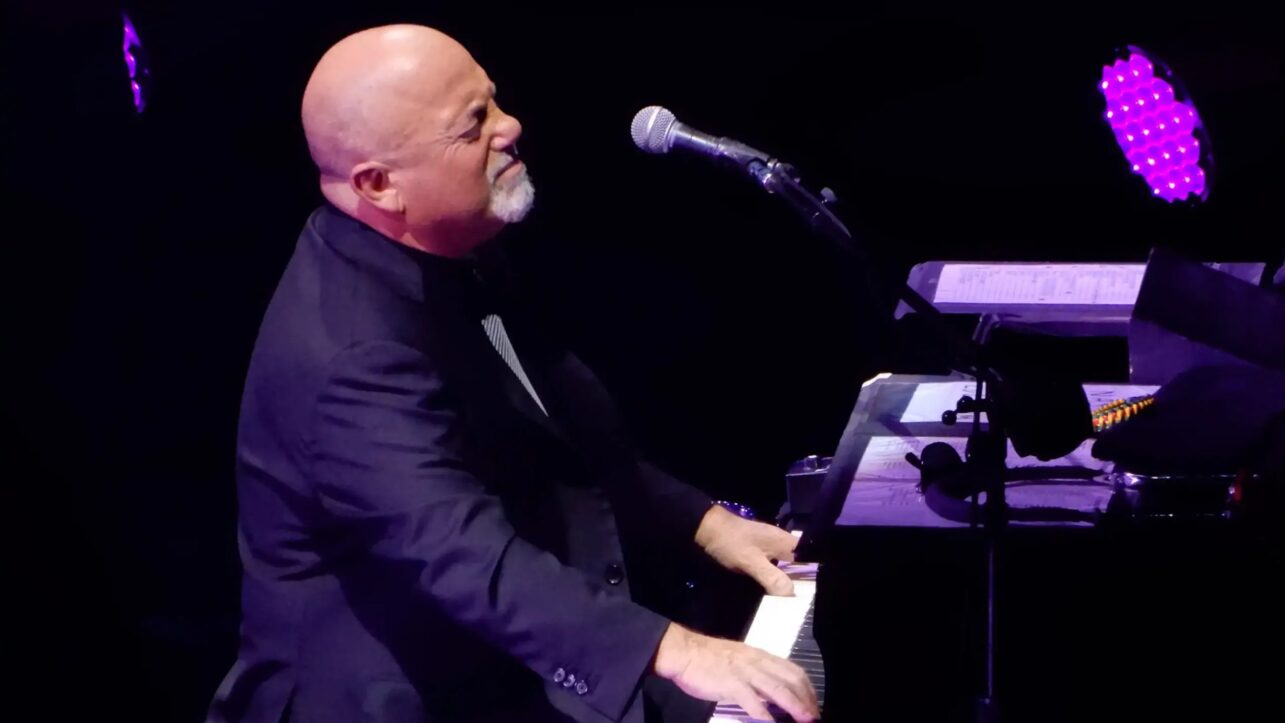The World Health Organization’s Global Traditional Medicine Centre has unveiled the Health & Heritage Innovations Open Call (H2I), a landmark initiative to support innovative solutions rooted in Traditional Medicine (TM) and Indigenous knowledge systems around the world. This initiative is especially significant for India, a country with one of the richest heritages of traditional medicine practices, including Ayurveda, Yoga, Unani, Siddha, and Homeopathy—collectively recognized as AYUSH.
Bridging Ancient Wisdom with Modern Innovation
The Open Call represents a paradigm shift in how global health institutions recognize and leverage traditional medicine systems. Rather than viewing traditional medicine as separate from modern healthcare, the WHO initiative positions these time-tested practices as dynamic, living systems capable of addressing contemporary health challenges when paired with scientific validation and technological innovation.
India has long been a global epicenter for traditional medicine, integrating these age-old practices within its healthcare ecosystem. With growing global interest in holistic health and wellness, the Open Call presents an unprecedented opportunity for Indian innovators, practitioners, and communities to showcase scalable health solutions that harmonize ancient wisdom with modern technology and research.
Comprehensive Support for Traditional Medicine Innovators
The program welcomes applications from a diverse range of stakeholders, including grassroots innovators, startups, researchers, Traditional and Indigenous knowledge holders, community-based organizations, enterprises, academic institutions, and policymakers. The initiative specifically seeks innovations that are culturally sensitive, community-engaged, and scientifically validated while respecting the intellectual property and heritage of traditional systems.
Each WHO region will select three finalists, with an additional three innovations recognized for worldwide impact, bringing the total to 21 awardees globally. India, as part of the WHO South-East Asia Region, will compete for these prestigious spots alongside other countries including Bangladesh, Indonesia, Thailand, Myanmar, Nepal, and Sri Lanka.
The selected innovators will receive a comprehensive Enterprise and Acceleration Package that goes far beyond simple financial support. The package includes funding, expert mentorship, capacity building, technical assistance, networking opportunities with global health leaders, and platforms for global visibility. Winners will showcase their innovations at the WHO Global Summit on Traditional Medicine scheduled from December 17 to 19, 2025, in Gandhinagar, India—further underscoring the country’s central role in the global traditional medicine movement.
Types of Innovations Sought
The Open Call encourages a wide spectrum of innovations across multiple categories. Product innovations may include adaptations of traditional remedies, formulations, or therapeutic approaches that meet contemporary safety and efficacy standards. Technological innovations could involve AI-driven diagnostic tools, digital health platforms for traditional medicine practitioners, or blockchain solutions for protecting traditional knowledge.
Process innovations might encompass new methods for sustainable sourcing of medicinal plants, quality control systems, or community-based health delivery models. Social innovations could include educational programs for intergenerational knowledge transmission, community health worker training, or public awareness campaigns that destigmatize traditional medicine practices.
Policy innovations are also welcomed, such as frameworks for intellectual property protection, benefit-sharing mechanisms with Indigenous communities, regulatory standards for traditional medicine products, or integration strategies for national health systems.
India’s AYUSH Systems: A Global Model
India’s Ministry of AYUSH has been at the forefront of integrating traditional medicine into mainstream healthcare policy. The country’s approach to preserving, promoting, and modernizing its traditional medicine systems while maintaining their authentic foundations offers valuable lessons for global health.
Ayurveda, India’s oldest medical system dating back over 5,000 years, emphasizes holistic health through balance of mind, body, and spirit. Its principles of individualized treatment, preventive care, and natural remedies align perfectly with modern personalized medicine approaches. Yoga and meditation, now practiced worldwide, originated in India and have proven benefits for mental health, chronic disease management, and overall wellness.
The Open Call provides an opportunity for Indian researchers and practitioners to demonstrate how AYUSH systems can address global health priorities such as non-communicable diseases, mental health challenges, antimicrobial resistance, and health equity. Innovations that combine traditional diagnostic methods with modern technology, or integrate herbal medicine with evidence-based protocols, could transform healthcare delivery in resource-limited settings.
Emphasis on Equity and Sustainability
A cornerstone of the Health & Heritage Innovations Open Call is its commitment to equitable benefit-sharing and sustainability. The initiative explicitly recognizes that traditional medicine knowledge often originates from Indigenous and local communities who have been custodians of this wisdom for generations. Any innovation must respect the rights of these knowledge holders and ensure they benefit fairly from commercialization or widespread adoption.
Environmental sustainability is equally critical. Many traditional medicine systems depend on medicinal plants and natural resources that face threats from overharvesting, habitat loss, and climate change. The Open Call prioritizes innovations that promote biodiversity conservation, sustainable cultivation practices, and ecological balance.
Application Process and Timeline
Applicants have until October 20, 2025, to submit their proposals through the WHO Global Traditional Medicine Centre portal. The application requires detailed information about the innovation’s scientific basis, cultural appropriateness, scalability potential, community engagement, and alignment with WHO’s Traditional Medicine Strategy.
Evaluation criteria include the innovation’s potential health impact, scientific validity, cultural sensitivity, sustainability, scalability, and commitment to equitable benefit-sharing. A panel of international experts in traditional medicine, public health, innovation, and Indigenous rights will review applications.
Finalists selected in early 2025 will enter a 12-month structured acceleration program. This program will provide ongoing mentorship, technical support, connections to potential investors and partners, and preparation for the global showcase at the December 2025 summit.
Aligning with Global Health Goals
This initiative aligns with WHO’s Traditional Medicine Strategy 2014-2023 and subsequent frameworks that recognize traditional medicine as a vital component of universal health coverage. It also reflects the Gujarat Declaration, adopted at the WHO Global Summit on Traditional Medicine in 2023, which called for increased research, evidence generation, and integration of traditional medicine into health systems worldwide.
For India’s traditional medicine sector, the Health & Heritage Innovations Open Call represents more than just recognition—it’s a call to action. Indian innovators, researchers, and practitioners have the opportunity to demonstrate how centuries of accumulated wisdom, when combined with modern scientific rigor and technological innovation, can contribute meaningfully to solving the world’s most pressing health challenges while preserving cultural heritage and promoting health equity.
The initiative emphasizes that traditional medicine is not static or archaic but rather a living, evolving system capable of adaptation and innovation. By supporting this evolution while respecting traditional knowledge and practices, the WHO aims to unlock the full potential of traditional medicine for global health.

